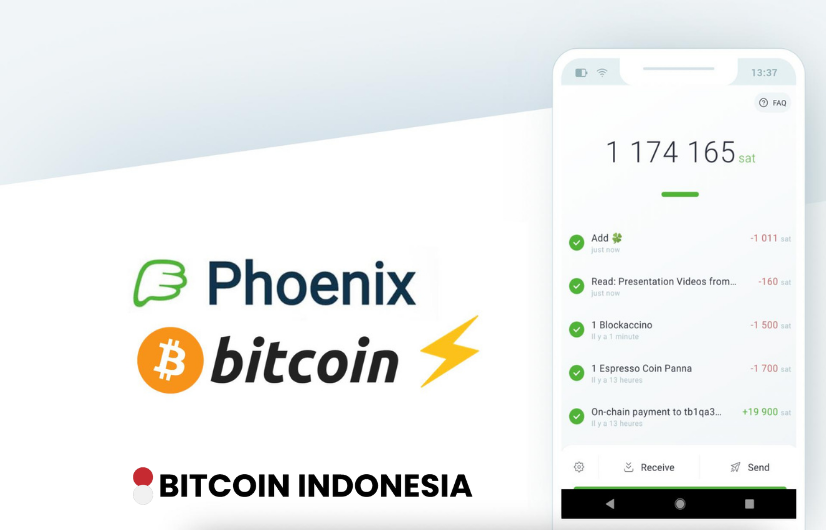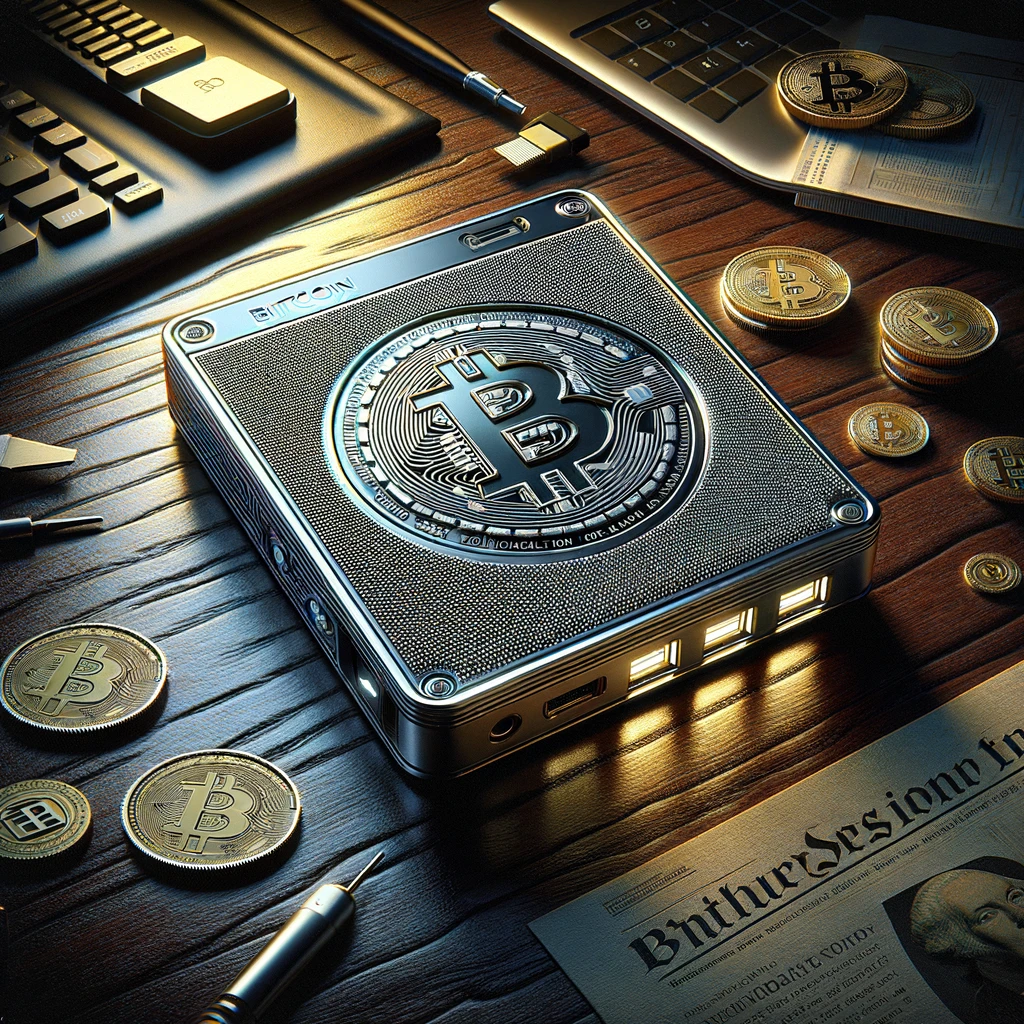Storing your Bitcoin safely is crucial to protect your savings from theft, loss, or other potential risks. Here are the main options available for storing Bitcoin, each has it’s advantages and disadvantages.
Important Information for all Indonesian people. There is a high demand for Bitcoin Wallets in Indonesia as Indonesian people face many issues within their financial system. Just to name a few: If Indonesian people buy Bitcoin on an exchange, these Bitcoins are not really your Bitcoin as the exchange controlls and holds the funds. By sending the Bitcoin to your own Bitcoin wallet, you really own and controll your Bitcoin. Also, there are more recent fishing attacks at Banks like BCA, BRI and Co. in Indonesia where people lose all their money on their banking accounts. Bitcoin brings to indonesian people the freedom to take care of their own money. So let’s find the best Bitcoin Wallet for your needs.
Hot Bitcoin Wallets
Hot bitcoin wallets are connected to the internet, offering convenience for frequent transactions but also posing a higher risk due to potential online threats.

Phoenix Bitcoin Wallet for self-custody Bitcoin Lightning transactions in Indonesia
– Mobile Bitcoin Wallets: Apps on your smartphone that are convenient for everyday use and spending Bitcoin on the go. Examples include Phoenix Wallet, Mutiny or Fedi.
– Desktop Bitcoin Wallets: Software installed on your computer that offers more control over your keys than mobile wallets. Electrum and Exodus are popular choices.
– Web Bitcoin Wallets: Accessible through a web browser. Shout out to the guys building LNBits.
Cold Bitcoin Wallets
Cold wallets are offline, making them more secure from online hacking attempts but less convenient for quick transactions.
– Hardware Bitcoin Wallets: Physical devices that store your Bitcoin offline. They can be connected to a computer to make transactions and then stored safely away. Popular hardware wallets include Trezor, Coldcard and Blockstream Jade.
– Paper Bitcoin Wallets: Physical documents that contain a public address for receiving Bitcoin and a private key for spending or transferring Bitcoin. They are secure from online attacks but can be lost or damaged easily. Border Wallets is a paper wallet, but used for slightly different use case.
Custodial Bitcoin Wallets
These wallets are managed by a third party, like an exchange or a wallet provider. You do not have control over the private keys, which means if the custodian gets hacked or goes out of business, you could lose your Bitcoin. Custodial Wallets have much more convenience and a good choice would be Wallet of Satoshi
– Exchange Wallets: Convenient for traders who need to quickly move funds on an exchange platforms like Reku, Ajaib Kripto or Indodax. However, they are vulnerable to hacking and regulatory issues.
Multisignature Bitcoin Wallets
Multisignature (multi-sig) wallets require more than one key to authorize a Bitcoin transaction. They are ideal for teams or organizations where multiple people need to agree before funds can be spent.
A DIY multisig is more complex to setup, but are cheaper than services such as Nunchuk, Unchained or Casa.
To setup a multisig wallet we recommend you to use The Bitcoin Adviser
Brain Bitcoin Wallets (Not Recommended)
Bitcoin is fundamentally numbers and complex mathematics, allowing for its storage anywhere, even in your memory by memorizing a unique recovery phrase. This flexibility underscores Bitcoin’s innovative approach to secure, accessible digital asset ownership.
A brain wallet refers to the concept of memorizing a recovery phrase that can restore your Bitcoin wallet. However, they are not recommended due to the high risk of forgetting the phrase and losing access to the funds permanently.
Just think about it – you can store billions of IDR worth of bitcoin inside of your head. This was never possible before Bitcoin.
Choosing the Right Bitcoin Wallet
When deciding on a Bitcoin storage option, consider the following:
– Security vs. Convenience: More security often means less convenience. Find a balance that fits your needs.
– Amount of Bitcoin: Large amounts should be stored in more secure wallets (e.g., hardware wallets), while smaller amounts can be kept in hot wallets for everyday use.
– Control Over Your Keys: Understanding the importance of private keys is crucial. Ideally, choose a wallet where you have full control over your keys.
Best Practices for Securing Your Bitcoin
– Start simple and increase your security step by step.
– Use strong, unique passwords for wallet encryption.
– Regularly back up your wallet to protect against data loss.
– Keep software up to date to protect against vulnerabilities.
– Consider using a multi-sig wallet for added security. Consult The Bitcoin Adviser for collaborative custody.
– Do not share your private keys or recovery phrases with anyone.
By understanding the different options for storing Bitcoin and following best practices for security, you can make informed decisions that protect your Bitcoin.





